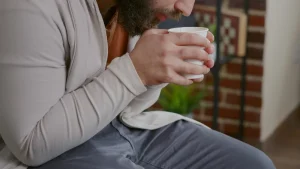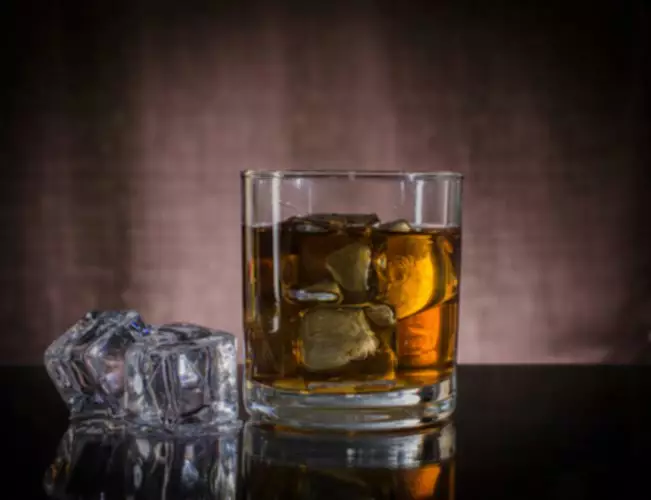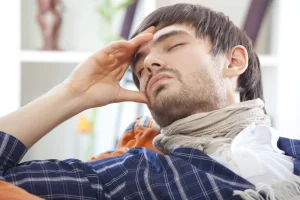
Research shows that drinking large amounts of alcohol before bedtime leads to decreased sleep onset and disrupted, poor quality sleep later in the night. Depending on the person, Kumar said she sometimes suggests cutting back on alcohol to lose weight. Other studies, such as this one from 2022, have found similar results, showing no health benefits of consuming alcohol in moderation for people under 40, only risks.
Renewal Center for Ongoing Recovery
For example, some people choose to write a list of reasons why they want to stop drinking alcohol, and revisit the list to remind themselves after a relapse. You may want to speak with a loved one or therapist about a strategy to prevent relapses from happening. It might take a bit of time to get used to the change from your usual choices, so if you notice a difference in taste with lower-strength drinks, do not give up! There are so many options, it’s likely there’s one out there for you – and switching means you can enjoy the health benefits of drinking less without losing your social life. At the very least, you want to get your drinking habits and health under control. In this post, I’ll show you how to stop drinking using simple techniques, mindset shifts, and relying on the support systems around you.

Alcohol advice
If you drink to ease the pain of loneliness, then make a conscious effort to connect with others. Alcoholics Anonymous cautions its members not to get too hungry, angry, lonely or tired—all of which can https://ecosoberhouse.com/ make you more vulnerable to the urge to drink. Find activities that are mentally and emotionally nourishing and bring you joy, and identify ways to connect socially with friends, says Witkiewitz.

Thinking of trying Dry January? Steps for success
Unstable vital signs increase the risk of complications and can be managed with medications. People who experience severe withdrawal symptoms or DTs may require hospitalization or intensive care unit (ICU) treatment during alcohol. When someone drinks alcohol for a prolonged period of time and then stops, the body reacts to its absence. This is alcohol withdrawal, and it causes uncomfortable physical and emotional symptoms. If you’re planning to start with DIY methods, it’s important to note that it isn’t safe for everyone to quit cold turkey. If you are a heavy drinker and plan to quit on your own, you may need to taper off to avoid any negative health effects from stopping abruptly.
- Another essential element of your plan to quit drinking is to identify the barriers or obstacles that might make achieving your goals more difficult.
- Drinkers get into more expensive legal trouble, they spend more money at restaurants, and schools are often attended based on their reputation as a party school alone.
- Tell trusted family and friends about your plan to quit or cut back on alcohol.
- Monitor how your body responds to alcohol, as well as how you feel when you don’t drink.

People with alcohol use disorder should be monitored by a medical professional when withdrawing from alcohol. Moderate to heavy drinkers can also benefit from medical supervision in the acute withdrawal stage. How to Stop Drinking For most people, alcohol withdrawal symptoms will begin sometime in the first eight hours after their final drink. A rare but very serious syndrome called delirium tremens can occur during alcohol withdrawal.
When that person cuts out alcohol, there is a period when their brain hasn’t yet received the message and still overproduces the stimulating chemicals. With alcohol out of the equation, though, these chemicals cause withdrawal symptoms. Over time, however, the body builds a tolerance to alcohol, and a person may have to drink more and more to get the same feeling. Meanwhile, the brain is producing more and more neurotransmitters, making a person further imbalanced.
- You need to find new activities and people to socialize with if all of your previous social activities revolve around boredom.
- Acknowledge what sparked your desire to drink and hone in on that trigger.
- Researchers also suggest that mindfulness-based activities may help people abstain from drinking alcohol, such as cognitive behavioral therapy (CBT) and meditation.
- In other words, what works for a friend won’t always work for you.
- Moderate or binge drinkers can likely quit alcohol on their own.
Engaging in physical activities, individually or in a group setting, can be a suitable distraction. Physical activities may help curb urges to drink and improve a person’s mood so they are less likely to consume alcohol in the first place. This article explores different strategies on how to stop drinking alcohol. Maybe you’ve never been interested in logging your innermost thoughts, but journaling can be a great tool to track your feelings as you work on quitting alcohol. It’s possible to develop a better relationship with alcohol and make more mindful, informed choices about drinking without total sobriety.
Fiellin says it’s important to note that there is the same amount of alcohol in a 12-ounce bottle of beer, a 5-ounce glass of wine, and a 1.5 ounce shot of distilled spirits. Be careful to follow these guidelines when consuming alcohol, since larger mugs of beer, heavy pours of wine, and mixed drinks might actually be more than one drink. Binge drinking entails having four or more drinks in two hours for women and five or more drinks for men.
Add a Comment